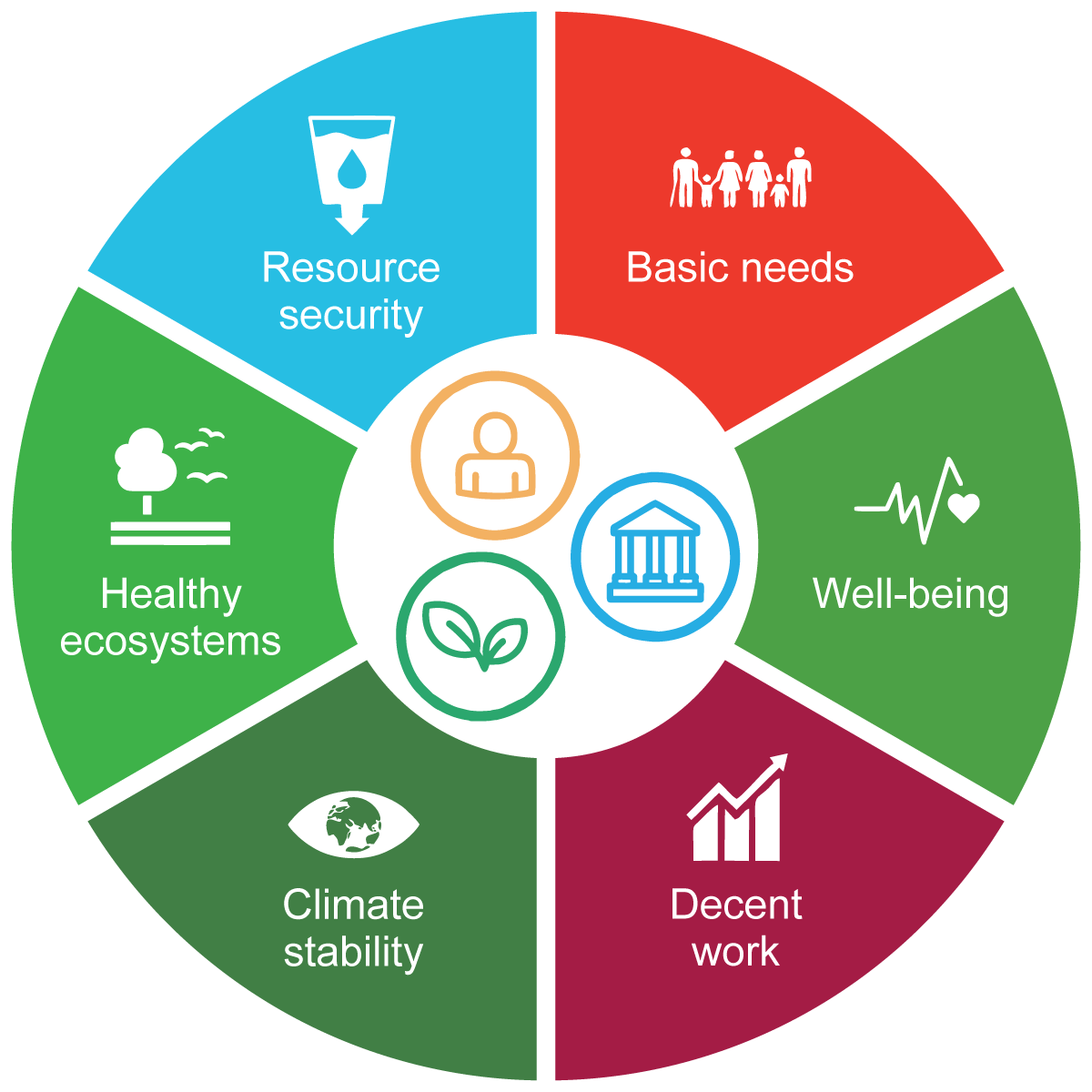
Our Sustainability
A decade of socio-economic impact

To assess our impact over the last ten years, NSSF engaged KPMG Uganda to conduct a comprehensive True Value Assessment using two globally recognised methodologies:
Key findings (2014–2024) |
|
|---|---|
|
|
|
|
|
|
Beyond employment, the value of financial security delivered to members in 2024 was UGX 15.5Tn, combining direct payouts with the life-enhancing impact of those benefits. This is part of the UGX 32Tn in true value created by the Fund in 2024 alone.
Total value created over 10 years (≈75% of Uganda’s GDP)
Average annual interest rate returned to members
Jobs created across Uganda since 2014
Compared to 138,300 in 2014 — 2.5x jump
Of 2024 jobs stem from ripple effects of investments
True value return for every UGX 1 invested
In essence, NSSF Uganda’s sustainability approach is about balancing present obligations with future needs: growing assets responsibly, extending social protection inclusively, minimising environmental impact, and upholding governance standards, ensuring that “powering growth and empowering generations” becomes a lasting reality.

